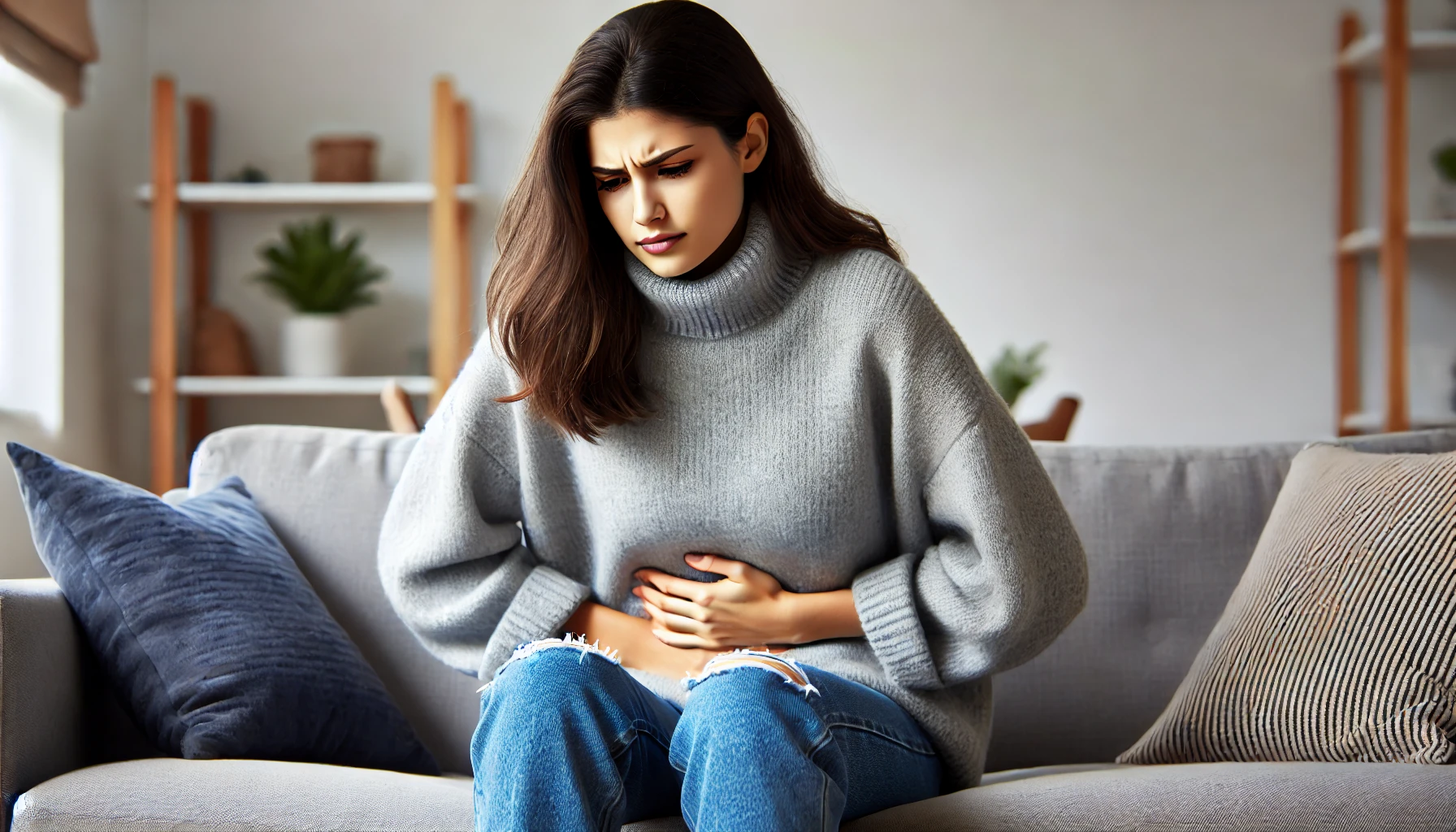Health Notice: This article was written using the Consensus AI Academic Search Engine. It is intended solely for informational purposes and should not be considered medical advice. Always consult a licensed healthcare provider for diagnosis, treatment, or medical guidance. Please refer to the full Disclaimer at the end of this article.
Causes of cramps but no period
Cramps without a period can be caused by a variety of factors, including primary and secondary dysmenorrhea, hormonal imbalances, ovulation pain, gastrointestinal issues, UTIs, and stress. Understanding the underlying cause is crucial for effective management and treatment. If you experience persistent or severe cramping, it is important to consult a healthcare provider for a proper diagnosis and appropriate treatment.
Experiencing cramps without a period can be concerning and confusing. There are several potential causes for this phenomenon, ranging from hormonal imbalances to underlying medical conditions. This article explores the various reasons why one might experience cramps without menstruation.
Primary Dysmenorrhea
Primary dysmenorrhea is a common cause of menstrual cramps and is characterized by painful menses without any identifiable pathology. It is the most frequent gynecologic complaint among adolescent females, with symptoms including nausea, vomiting, diarrhea, headache, fatigue, dizziness, and syncope, in addition to cramping1. The primary cause of these cramps is the overproduction of prostaglandins (PGs) within the endometrium, which leads to uterine contractions and ischemia, resulting in pain1 2.
Secondary Dysmenorrhea
Secondary dysmenorrhea involves menstrual pain associated with an identifiable disease. Common causes include endometriosis, fibroids, adenomyosis, endometrial polyps, and pelvic inflammatory disease2. These conditions can cause cramping even in the absence of menstruation due to the underlying pathology affecting the pelvic organs.
Hormonal Imbalances
Hormonal imbalances can also lead to cramping without a period. For instance, fluctuations in estrogen and progesterone levels can cause the uterus to contract, leading to cramps. This is often seen in women who are approaching menopause or those with polycystic ovary syndrome (PCOS)4.
Ovulation Pain (Mittelschmerz)
Some women experience cramping during ovulation, known as mittelschmerz. This pain occurs midway through the menstrual cycle when the ovary releases an egg. The pain can be sharp or dull and is usually localized to one side of the lower abdomen4.
Gastrointestinal Issues
Gastrointestinal problems such as irritable bowel syndrome (IBS), constipation, or gas can mimic menstrual cramps. These conditions can cause significant abdominal discomfort and cramping, which may be mistaken for menstrual pain6.
Urinary Tract Infections (UTIs)
UTIs can cause cramping and discomfort in the lower abdomen. The pain is often accompanied by other symptoms such as frequent urination, burning sensation during urination, and cloudy or strong-smelling urine6.
Stress and Anxiety
Emotional stress and anxiety can lead to physical symptoms, including abdominal cramping. Stress can cause the muscles in the abdomen to tighten, leading to discomfort and pain6.
Disclaimer
The content in this blog post was generated using Consensus, an AI-powered academic search engine, and is based on publicly available scientific literature. While we strive to provide accurate, up-to-date, and well-researched information, this content is intended for informational and educational purposes only.
It does not constitute medical advice, diagnosis, or treatment. Always consult a qualified healthcare professional before making decisions related to any medical condition, treatment, or medication.
The AI system’s analysis may not account for all perspectives, ongoing research, or individual circumstances, and should not replace professional expertise. Neither the blog publisher nor the developers of the Consensus AI tool are liable for any decisions or actions taken based on this content.
Use of this information is at your own risk. Where provided, citations link to original scientific studies for reference only—these should be reviewed independently and interpreted with the support of a qualified medical or research professional.
If you are experiencing a medical emergency, please seek immediate care from a healthcare provider or call emergency services.
